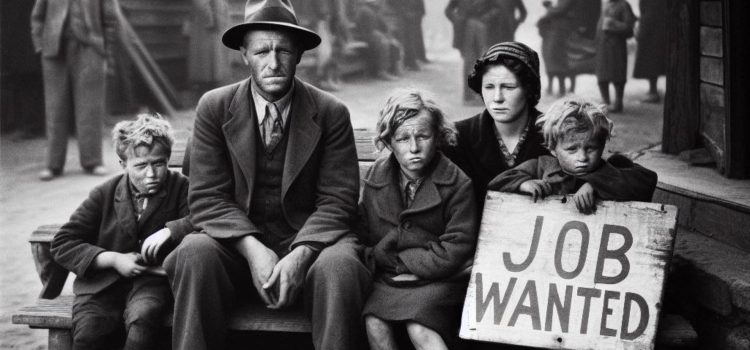What’s the history of the labor movement in America? Why did they organize? What obstacles have they had to deal with? Howard Zinn explains that in the decades following the Civil War, the US industrialized at a rapid pace and became a global power—at the expense of American laborers. He explores the consequences of industrialization, how laborers resisted them, and the challenges the labor movement faced. Continue reading to learn about the labor movement in America, according to A People’s History of the United States.
A People’s History of the Labor Movement in America










